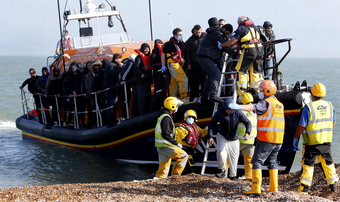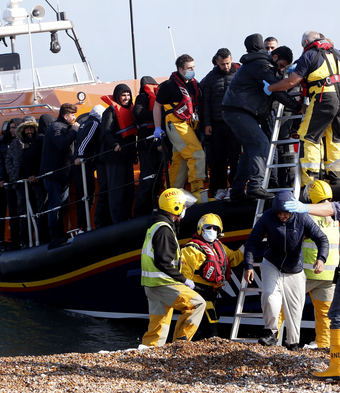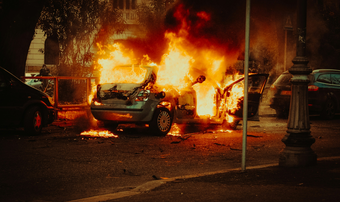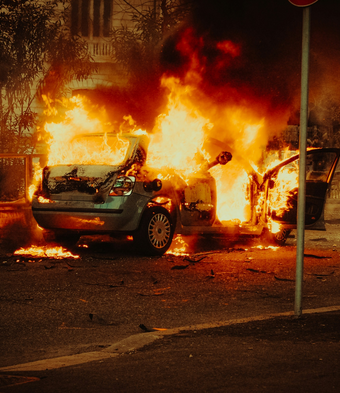Qatar: should Christians boycott the World Cup?
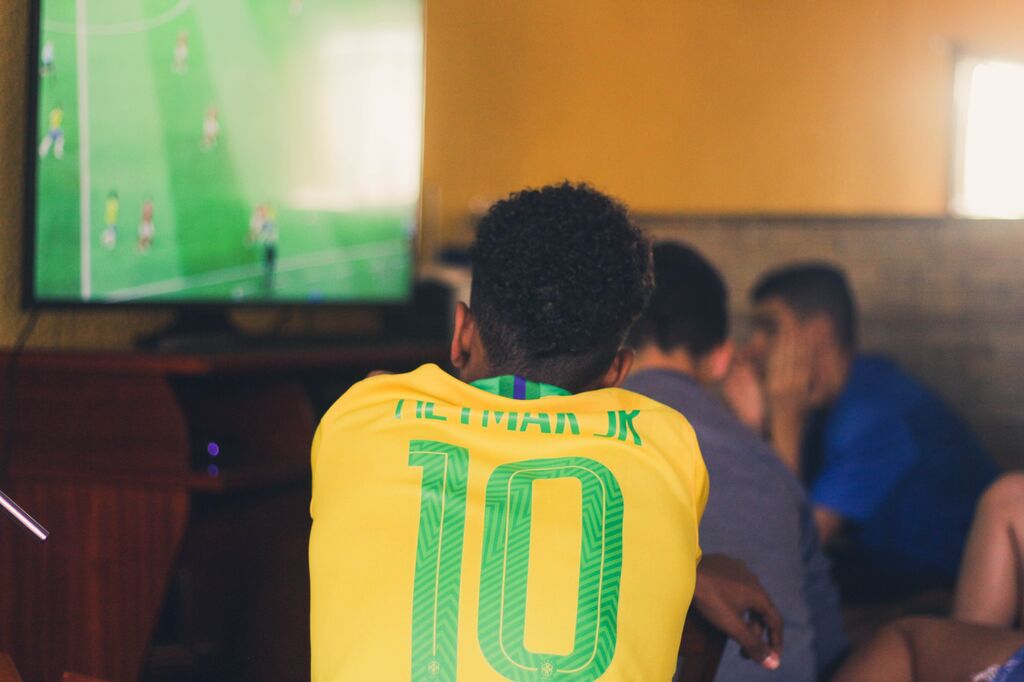
I still remember the first World Cup I watched. I was 11 years old, it was Japan 2002 and I distinctly recall watching David Beckham hammer home the penalty that saw England beat Argentina. I also remember the tension between wanting to watch the games and having to go to school. For some strange reason, my parents didn’t subscribe to my logic that watching the World Cup complimented my schoolwork…
Since then, I’ve watched every World Cup, including: 2006 in Germany, 2010 in South Africa, 2014 in Brazil and 2018 in Russia. And I’ve watched some of the opening games of Qatar 2022 as well.
Rarely has a World Cup begun amid such a storm of controversy. Both the location and the timing have come under fierce scrutiny. Why, some have asked, are we having a World Cup in the middle of domestic seasons? How did a nation with no football heritage even win the right to host the tournament in the first place, amid strong allegations of corruption?
But even fiercer have been the critics who have pointed out that in Qatar, the death penalty still exists, rape and domestic violence are not illegal and LGBT people face arrest and even torture.
This has led some people to choose to boycott the World Cup, including Christians. So, let’s ask the question: should we all join them?
Firstly, if you are a Christian reading this and you’ve decided you won’t watch the World Cup, then that is 100 per cent your prerogative. If you are obeying your conscience, then you are being obedient to God. We are told not to ignore our conscience (1 Timothy 1:19; 1 Corinthians 10:28) and there are good reasons to refuse to watch the football.
However, it’s a different matter if you take the view that everyone must boycott the competition. The rights of conscience do not extend to binding someone else’s conscience. The Apostle Paul has written an entire chapter in Romans (14) on how we should recognise and respect differences of conscience.
But what about the specifics in question – what do we know about Qatar’s human rights record?
The central reason for boycotting Qatar is human rights abuses. Migrant workers and their families have complained to FIFA and Qatar authorities asking for compensation for abuses, including unexplained deaths, overwork and underpay. A truly shocking report in the Guardian in 2021 said that more than 6,500 migrant workers from India, Pakistan, Nepal, Bangladesh and Sri Lanka have died in Qatar since it won the right to host the World Cup.
Amnesty International have pointed out that without the two million migrant workers, the 2022 World Cup simply would not be possible in Qatar. Workers have built the stadiums, the roads, the metro and providing security for matches, transporting fans in taxis for the games, greeting them in hotels and serving them in restaurants.
While the treatment of migrant workers has been appalling, it's fascinating to see how the treatment of LGBTQ community has, in some ways, prompted a stronger response. Genuine homophobia is of course absolutely wrong and sinful and so some concern is completely justifiable.
But the media in the UK at least have made this the central issue, rather than other human rights abuses. The BBC refused to play the Opening Ceremony, something it has not done at previous World Cups, despite, as I will set out later, very real human rights abuses in previous host nations. It is also striking that such a fierce reaction was less apparent at the last World Cup, even though Russia is hardly the most welcoming country when it comes to the same issue.
The irony, however, is the hypocrisy of it all. Why, asked Matthew Parris, a gay man, should a footballer be wearing rainbow armbands? And why just that issue? What about (from his perspective), Qatar’s position on abortion? Or its position on the death penalty?
You don’t have to agree with Parris’ views on those issues to agree wholeheartedly with the point he’s making. Our Western culture has made a virtue of being ‘on the right side of history’ around LGBT matters in particular. It is the great yardstick by which we measure moral acceptability. Of course, when England itself hosted the World Cup in 1966, homosexuality was still illegal in the UK. Such is the ever-changing nature of human morality in different cultures and different times.
This is ultimately what happens if you believe that we, as human beings, can build our own morality, without reference to God. In the liberal mindset, God isn’t important. Rather, we believe we can come together and agree what’s moral and what’s not.
But such morality is inevitably fickle, like we are ourselves as humans. If you look instead to God for your morality, it is fixed and absolute, based on His unchanging, eternal, absolutely holy character.
Amidst all the furore about the rainbow armband, other human rights abuses (at least within a Christian worldview) in the countries who have held recent World Cups are ignored. In both Japan and Germany, for example, abortion takes place as a standard part of life. What is that but a human rights abuse against preborn babies? They don’t have a voice, they cannot speak up for their own rights, yet their lives are taken.
In Brazil, meanwhile, the treatment of human beings living in favelas (shanty towns) is terrible. There is economic abuse and corruption. The same is true in South Africa and in Russia, where there’s a lack of a truly free press and democracy is somewhat suspect. But where was the moral outrage over those World Cups?
I’m not for one minute suggesting that Qatar’s treatment of the LGBTQ community is anything but wrong. In fact, it’s completely and utterly awful. All human beings are made in God’s image, and everyone - regardless of one's traditional views on marriage and sexuality - is first and foremost someone God has made with dignity and honour. Tales of torture, beatings and floggings are absolutely abhorrent.
But I do wish our media was more consistent: that for me is the fundamental issue here. I don’t believe in a hierarchy of rights, where some minorities are given preferential treatment over others. All are made in God’s image. All human beings have value and dignity. If you want to boycott Qatar, you are free to do so. Will you also boycott future World Cups, even one’s played in the ‘progressive West’ where human rights abuses also happen, even if its more hidden?
From a Christian perspective, you are free to decide. You can boycott if your conscience tells you too. And you can watch the games if your conscience allows you too. For followers of Jesus, the bottom line is respecting and loving each other and also being willing to call out the mistreatment of God’s image bearers, in whatever form it takes.

